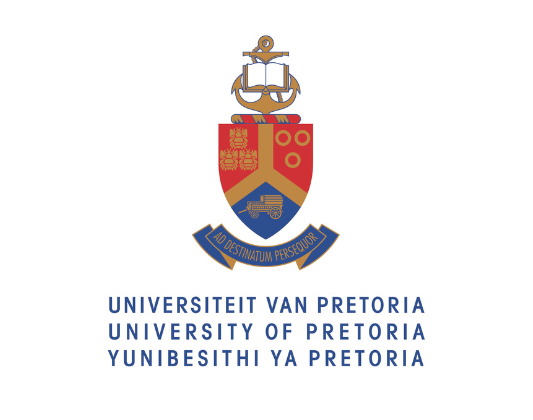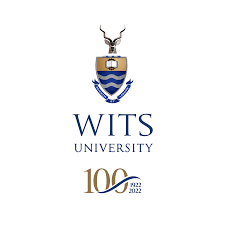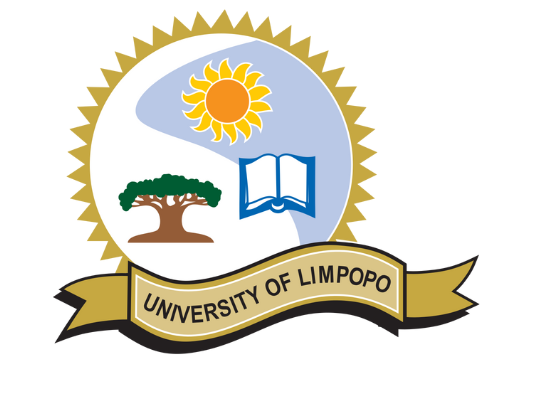A comparative study of Investor sentiment index and machine learning techniques in forecasting asset prices
Researcher: Sizo Mosibi, University of the Witwatersrand, Johannesburg
Supervisor: Prof. Yudhvir Seetharam, University of the Witwatersrand, Johannesburg
Predicting future asset prices with higher accuracy has remained a formidable undertaking. Series of techniques have been developed and implemented to attain the intended result, and significant progress has been made. The use of a sentiment index as an independent variable in a machine learning model to predict asset prices, which utilizes long short-term memory, is one of the techniques employed. We developed a sentiment index to augment the South African economy and included it into the LSTM model to estimate future Sasol prices. We discovered using a sliding window strategy that using raw price in the LSTM model beats the inclusion of investor sentiment index as a variable. We also observed that the arbitrage pricing model (APT) performed the worst at predicting asset returns because it failed to account for non-linearity in price evolution.




